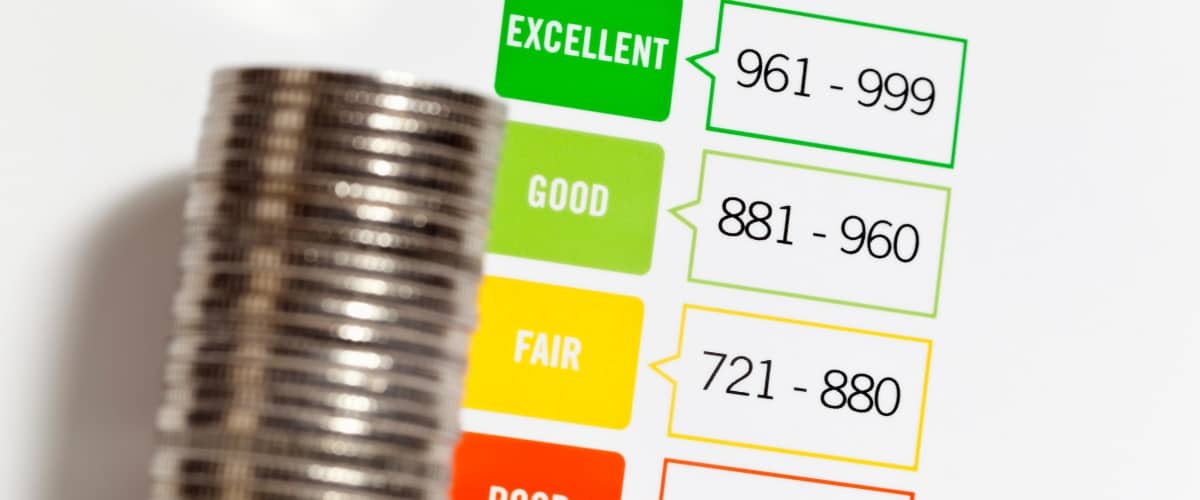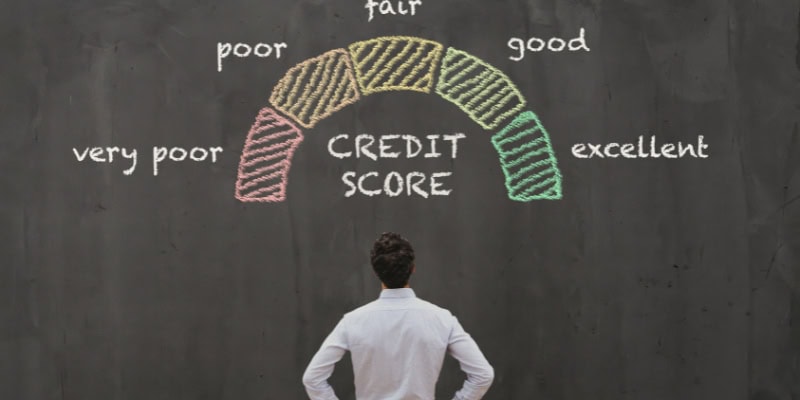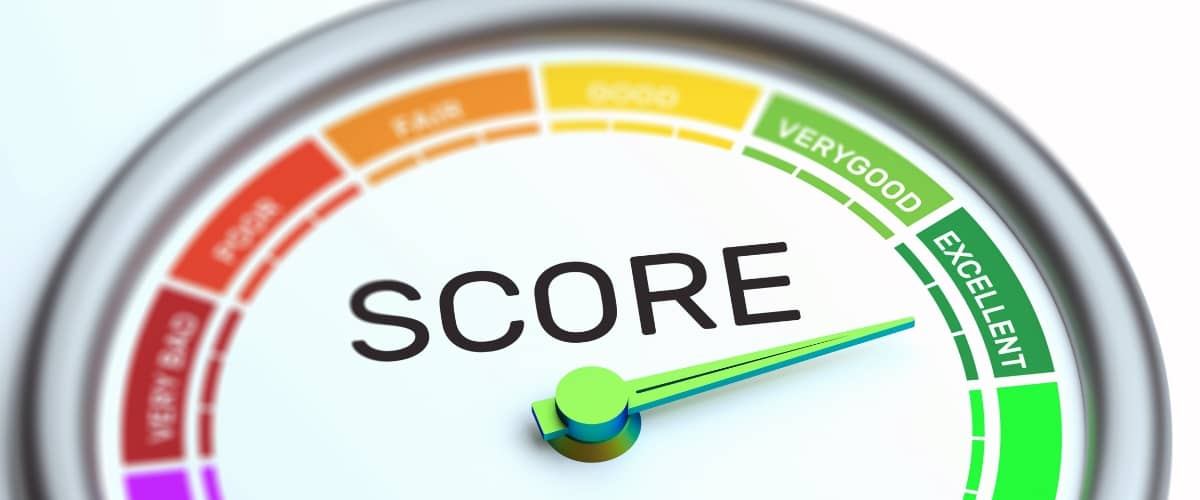Building good credit is essential for financial success, yet many people are still determining how long it takes to achieve this goal. Score Factor is here to provide clarity and guidance on this topic. With our expertise in credit-building strategies and industry knowledge, we can help you understand the factors that influence your credit score and the timeline it takes to build good credit. Whether starting from scratch or working to repair your credit, we have the insights and resources you need to navigate the process effectively. Read on to learn more about how long it takes to build good credit and how you can expedite the process.
The answer to this question is complex and varies from person to person. It can take several months to years to build good credit, depending on several factors. The most important of these is your credit history. If you have a long credit history and a good track record of paying your bills on time, you are more likely to have a higher credit score than someone who only recently started building credit.
Another factor that affects how long it takes to build good credit is your credit utilization ratio. This is the amount of credit you are using compared to the amount of credit available to you. Ideally, it would help if you aimed to keep your credit utilization ratio below 30%. If you consistently use more credit than you can afford to repay, it will take longer to build good credit.
How are Credit Scores Calculated?
Credit scores are calculated based on various factors, including payment history, credit utilization, length of credit history, types of credit, and recent credit inquiries. Payment history is the most important factor, accounting for 35% of the score. It looks at whether you have paid your bills on time and if you have any missed or late payments. Credit utilization, or the amount of credit you use compared to your credit limit, accounts for 30% of the score. The length of your credit history makes up 15% of your score, while the types of credit you have and recent credit inquiries each make up 10%.
Your credit mix is another factor that can influence your credit score. A healthy credit mix includes a variety of credit types, such as credit cards, loans, and mortgages. If you only have one type of credit, it can take longer to build good credit. Having a mix of credit types shows that you can manage different types of credit responsibly.
How to Build Good Credit
You can use several strategies to build good credit, regardless of your current credit situation. Here are some tips to help you get started:
1. Make Payments on Time: Payment history is the most significant factor influencing your credit score. Late payments can significantly affect your credit score, so making your payments on time is essential.
2. Keep Your Credit Utilization Low: As mentioned earlier, you should keep your credit utilization below 30%. If you want to expedite the process of building good credit, you can use your credit card for small purchases and pay off the balance in full each month.
3. Monitor Your Credit Report: It’s critical to check your credit report regularly to ensure no errors or fraudulent activities can harm your credit score. You can request a free credit report from each credit bureau once a year.
4. Avoid Opening Too Many Accounts: Too many credit cards or loans can hurt your credit score. It’s essential to be selective about the credit you apply for and only take out credit when you need it.
5. Be Patient: Building good credit takes time, so being patient and consistent with your efforts is essential. Make on-time payments, keep your credit utilization low, and avoid opening too many accounts.
How to Improve your Credit Score
Improving your credit score takes time and effort, but it is worth it. Here are some things you can do to improve your credit scores:
1. Pay your bills on time: Payment history is the most important factor in your credit score, so make sure you pay your bills on time every month.
2. Reduce your credit utilization: Using a lot of your available credit can hurt your credit score. Try to keep your credit utilization below 30% of your credit limit.
3. Increase your credit limit: If you’re using a lot of your available credit, you can also increase your credit limit. This will lower your credit utilization and improve your score.
4. Keep old credit accounts open: The length of your credit history is important, so don’t close old credit accounts. Keep them open and use them occasionally to keep them active.
Conclusion
Building good credit with Score Factor takes time and consistency. It is not an overnight process but rather a journey that requires responsible financial habits and adherence to credit management principles. Individuals can gradually improve their credit score over time by making timely payments, keeping credit utilization low, and monitoring credit reports regularly. Developing good credit is a long-term commitment, and Score Factor supports individuals every step of the way.







